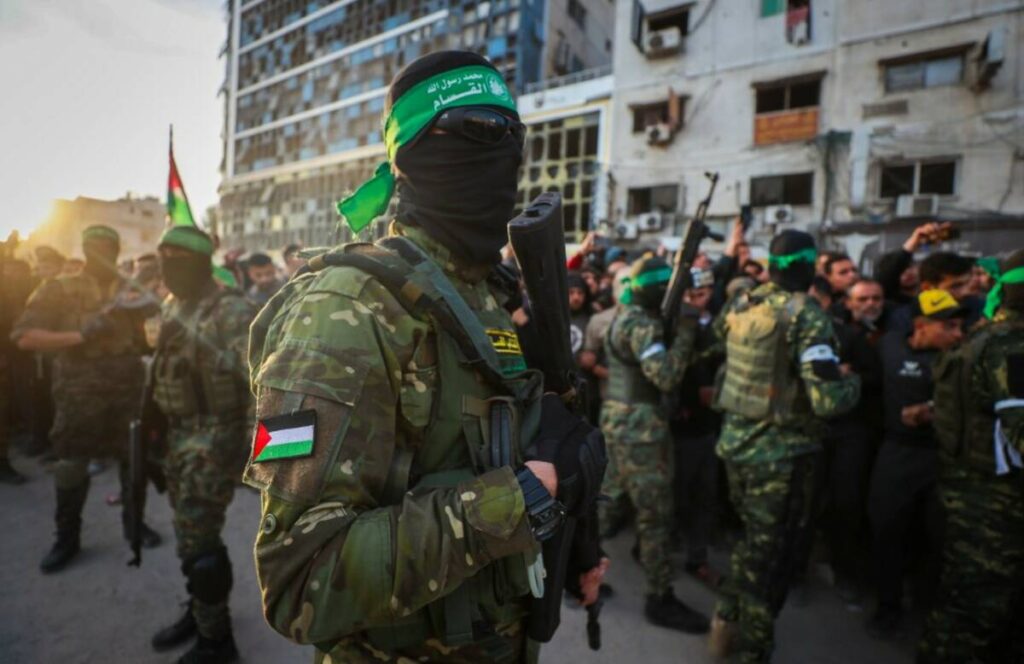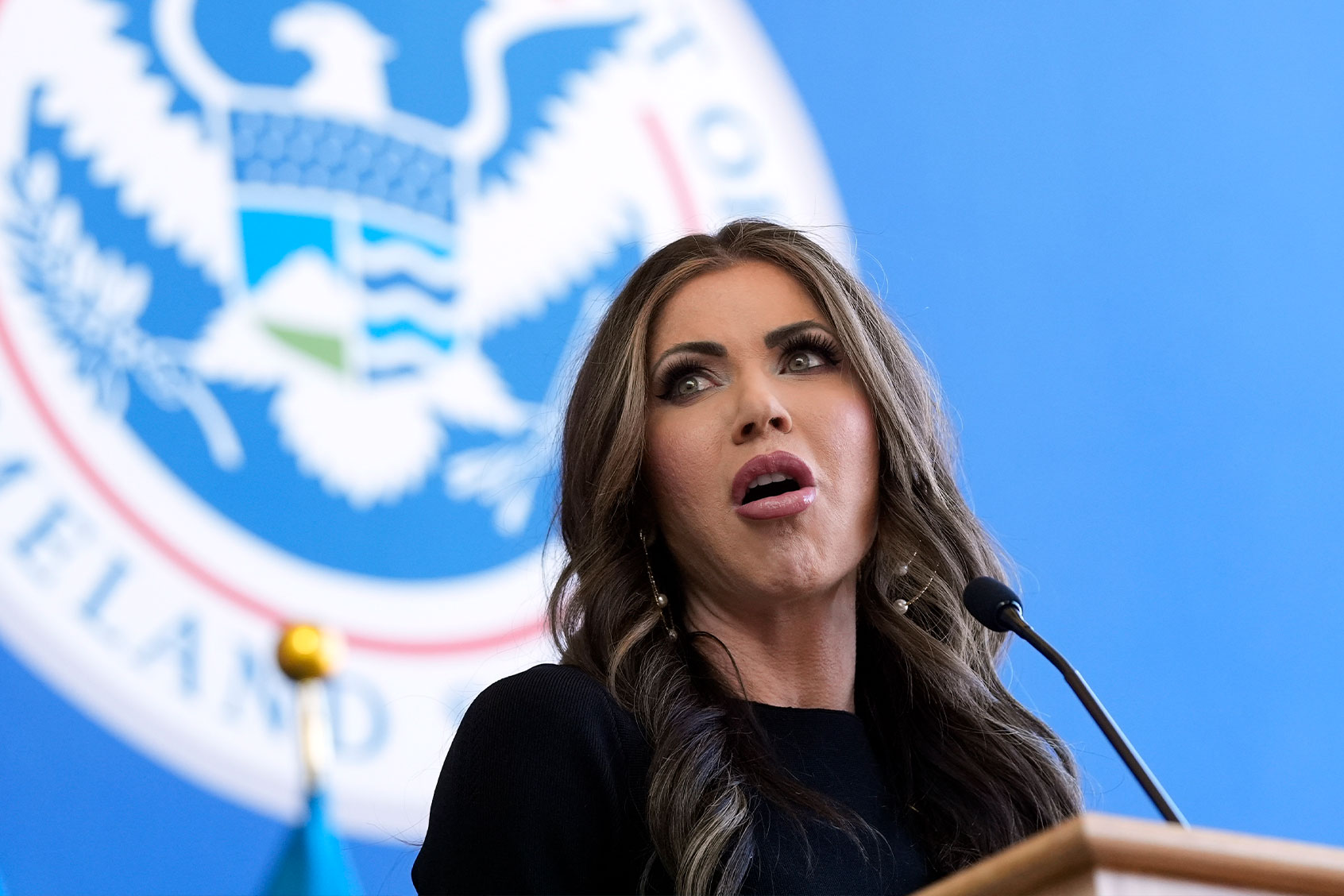
Turkey has announced progress in its negotiations regarding Israeli hostages held in the Gaza Strip. In recent days, Turkish officials informed mediators that they successfully established communication with two additional terrorist groups involved in the hostage situation. This development follows a period of several days without contact with two of the four groups responsible for holding the hostages.
According to a source familiar with the ongoing discussions, four distinct groups in Gaza currently hold Israeli captives. One of these groups is affiliated with the Palestinian Islamic Jihad terrorist organization. Each group has set forth different demands concerning the future of their members. These requests include guarantees for their personal safety and assurances against future Israeli retaliation. Additionally, each group interprets the “achievements of the war” through its own lens, reflecting the complex dynamics of the ongoing conflict.
Reports indicate that the terrorists currently holding hostages are generally less extreme than the previous leadership of Hamas, which faced significant losses during the recent conflict. These groups are reportedly motivated by a desire to avoid jeopardizing their own safety and that of their families, leading them to engage in negotiations over the hostages’ fate. Nevertheless, the individual and collective demands remain diverse, complicating the negotiation process. U.S. President Donald Trump has characterized the talks as progressing but acknowledges the challenges and uncompromising nature of the discussions.
Challenges in Negotiations
A major hurdle in the negotiations has been the difficulty in establishing contact with two of the four groups holding hostages. Turkish officials reported that they succeeded in reestablishing communication within the past 24 hours. Sources close to the situation noted that Turkey is placing considerable effort into facilitating these negotiations, partly to align with U.S. interests under Trump’s administration. Despite these efforts, it remains uncertain whether any tangible progress toward a resolution has been made.
Additionally, there is growing discord among the mediating nations concerning the potential release of Marwan Barghouti, a senior figure in the Fatah political party currently imprisoned in Israel. Some Arab states have expressed concerns that freeing Barghouti could provoke violent confrontations between his supporters in Ramallah and rival factions within the Palestinian Authority. Consequently, they oppose his release.
Conversely, both Qatar and Turkey are advocating for Barghouti’s freedom, arguing that he has become a “symbol for the Palestinians.” Barghouti, who led Fatah’s Tanzim militia during the Second Intifada from 2000 to 2005, has been convicted in five separate cases of murder, resulting in a sentence of five consecutive life terms plus 40 years in prison. Despite his incarceration, Barghouti has gained significant attention, having repeatedly engaged in hunger strikes to protest his imprisonment.
As negotiations continue, the complex interplay of demands, regional politics, and the quest for a resolution remains at the forefront of discussions, highlighting the intricate challenges faced by mediators working to secure the safe release of hostages.







